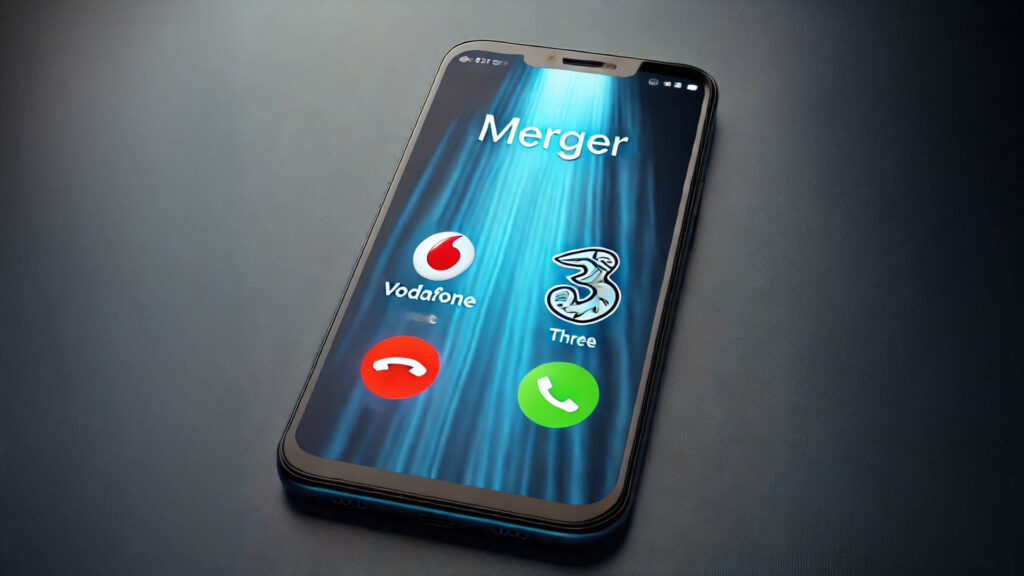The UK Competition and Markets Authority (CMA) has approved the merger of Vodafone (LSE: VOD) and Three UK, ending months of regulatory scrutiny. The new entity will be the country’s largest mobile operator, with over 27 million customers.
The £16.5bn deal consolidates two of the UK’s four major mobile network providers and is expected to be completed in the first half of 2025.
The companies first announced their intention to merge in June 2023.
Three UK is a subsidiary of CK Hutchison Holdings (HKG: 0001), a Hong Kong-based conglomerate.
Conditions
The CMA’s approval depends on legally binding commitments from Vodafone and Three:
- Invest £11bn in 5G upgrades: The merged company must roll out a nationwide 5G network over the next eight years, aimed at improving coverage and quality.
- Cap mobile tariffs: Selected data plans and tariffs will be capped for three years to protect customers from price hikes during the network rollout.
- Fair access for virtual operators: Mobile virtual network operators (MVNOs), such as Sky Mobile and iD Mobile, will be offered pre-set wholesale prices and terms for three years to ensure competitive pricing.
The CMA and Ofcom (short for “Office of Communications”, the UK’s communications regulator) will oversee compliance, with the merged entity required to publish annual progress reports.
Implications
Stuart McIntosh, chair of the CMA inquiry group, stated, “This merger is likely to boost competition in the UK mobile sector… but only if Vodafone and Three implement the proposed measures.”
Vodafone CEO Margherita Della Valle hailed the deal as “releasing the handbrake on the UK telecoms industry,” while Canning Fok, deputy chair of CK Hutchison (Three’s owner), highlighted the transformative potential for UK digital infrastructure.
Vodafone will hold a 51% stake in the merged company, with CK Hutchison retaining 49%. Vodafone may acquire full ownership after three years.
Analysts have pointed out that the merger aligns with trends in market consolidation, following deals like BT’s acquisition of EE in 2016 and the Virgin Media-O2 merger in 2021.
While the deal promises substantial investment in infrastructure, critics remain cautious, warning of potential job losses and longer-term price increases after initial protections expire.

